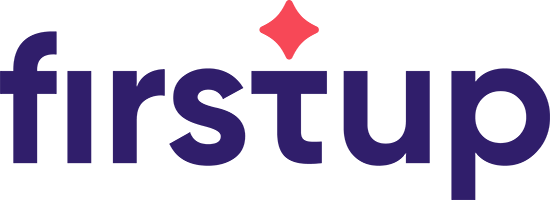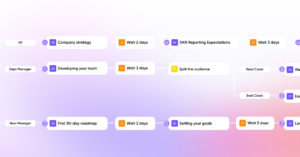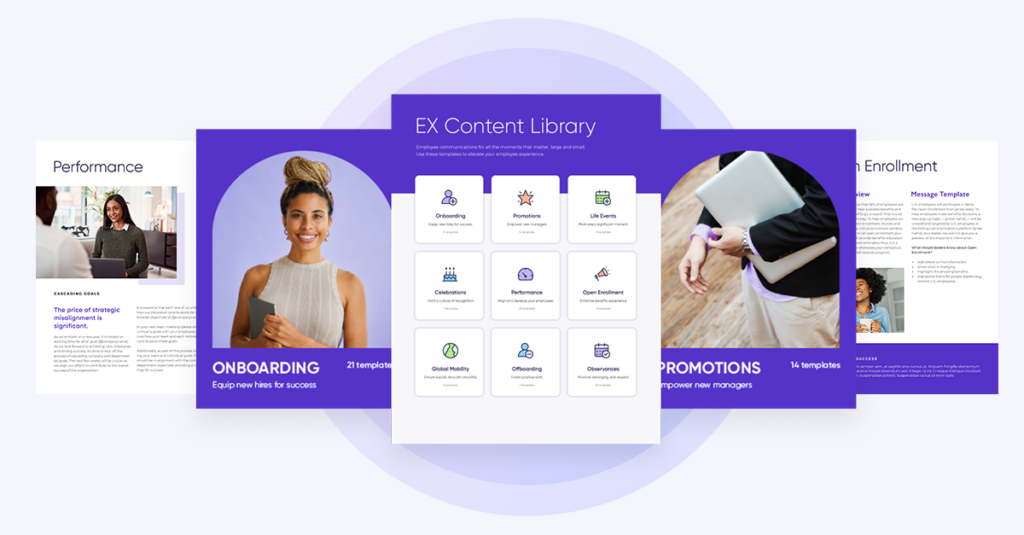As we step into 2024, the human resources landscape continues to evolve at an unprecedented pace, with technology playing a crucial role in reshaping HR practices and strategies. To stay ahead of the curve, HR professionals must embrace the latest technology trends that streamline operations, enhance employee experience, and support organizational growth. In this article, we will explore the top 8 HR tech trends for 2024, and how they will help support both in-house and remote employees. By understanding and adopting these trends, HR leaders can effectively navigate the dynamic world of work and foster a thriving, future-ready organization.
Trend #1: Artificial Intelligence and Machine Learning in HR
Artificial intelligence (AI) and machine learning (ML) are revolutionizing the HR landscape by automating repetitive tasks, improving workforce analytics, and offering personalized employee support. AI-powered chatbots and ML algorithms can streamline recruitment, onboarding, and performance management, enabling HR professionals to focus on strategic decision-making and building a thriving work environment.
Trend #2: Blockchain Integration for Secure Data Management
Blockchain technology is transforming HR by enhancing the security and reliability of data management. With the ability to encrypt and verify employee information, blockchain enables HR managers to protect sensitive data, confirm the authenticity of applicants’ credentials, and ensure compliance with privacy regulations. This increased trust and transparency can lead to more efficient and secure HR processes.
Trend #3: Decentralized HR and Evolving Management Skills
The shift towards decentralized HR models emphasizes the need for HR professionals to adapt their skills and embrace new management strategies. In a hyperlocal approach, HR managers empower local teams to handle employee communication, fostering more agile and responsive organizations. This requires HR departments to focus on developing leadership and mentoring skills, rather than solely relying on traditional task-oriented management techniques.

Trend #4: Digital Learning, Training, and Development
Digital learning platforms have become essential for employee training and development in the modern workplace. These platforms enable companies to provide resources, automate workflows, and support employees seeking professional growth. By investing in digital learning, organizations can foster a culture of continuous improvement, adapt to changing skill requirements, and enhance overall employee engagement.
Trend #5: Hybrid Work Models and Supporting Technologies
Hybrid work models, combining remote and in-office work, are gaining popularity as employees and organizations seek greater flexibility. To support this shift, HR professionals must invest in collaboration platforms, virtual communication tools, cloud based HR systems, and workspace management solutions that cater to both remote and on-site employees. This helps to create a seamless work experience, regardless of an employee’s location.
Trend #6: Diversity, Equity, Inclusion, and Belonging (DEI&B) Initiatives
DEI&B initiatives are crucial for fostering a supportive and inclusive work environment. HR professionals need to prioritize diversity, equity, and inclusion while promoting a sense of belonging among employees. By incorporating DEI&B in recruitment, performance management, and employee development strategies, organizations can benefit from diverse perspectives, boost innovation, and create a healthier work culture.
Culture and values in action
Trend #7: Employee Well-being and Mental Health Technologies
The focus on employee well-being and mental health is more critical than ever. HR technology trends in 2024 emphasize the importance of creating a psychologically safe work environment, implementing stress relief policies, and offering support programs tailored for remote workers. Companies should invest in technologies that monitor employee well-being, promote work-life balance, and foster a supportive culture that supports office workers, and bridges the physical distance of those working remotely.
Trend #8: Continuous Employee Feedback and Communication Platforms
Continuous feedback and communication platforms are vital for HR professionals to stay in tune with employee needs, sentiments, and concerns, especially for remote work settings. By enabling frequent check-ins, pulse surveys, and open channels for dialogue, these platforms facilitate better decision-making and build trust between employees and management, regardless of their work location. Investing in such technologies is essential for creating a transparent and engaged workforce, both in-office and remote.
Learn how such organizations as AB InBev, Love’s Travel Stops, and Dow Chemical, plan to achieve their HR communication to employees goals in 2024.
Deliver a hyper-personalized employee experience at scale
Download PDF








